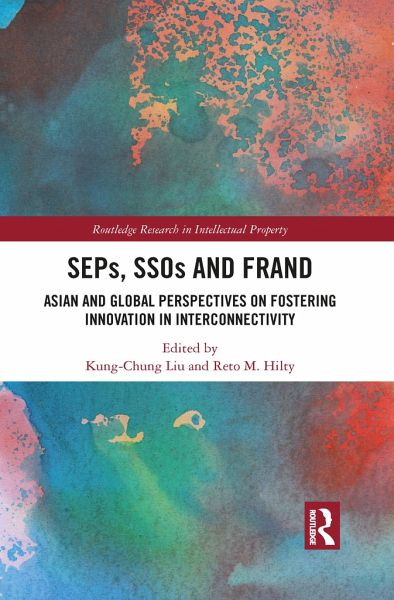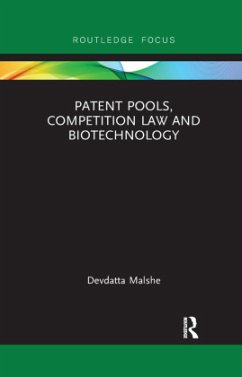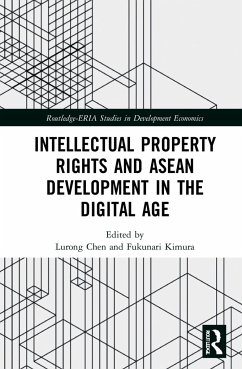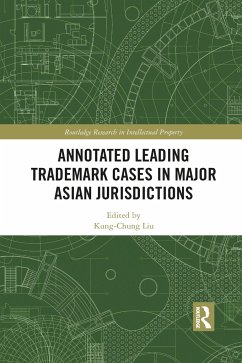
SEPs, SSOs and FRAND
Asian and Global Perspectives on Fostering Innovation in Interconnectivity
Herausgegeben: Liu, Kung-Chung; Hilty, Reto M.
Versandkostenfrei!
Versandfertig in 6-10 Tagen
45,99 €
inkl. MwSt.

PAYBACK Punkte
23 °P sammeln!
This book is a very useful reference guide on how de jure and de facto standards are being developed and how these standards compete against each other. The book also looks at how FRAND commitments are being determined across countries, how these disputes have played out, especially in Asia, and how they can be better dealt with in future globally.The book gives a broad overview of the business model of dominant SEP patentees and analyzes some standards for FRAND licensing of SEPs which are converging in major Asian jurisdictions. It highlights the need for ex ante regulation in the FRAND lice...
This book is a very useful reference guide on how de jure and de facto standards are being developed and how these standards compete against each other. The book also looks at how FRAND commitments are being determined across countries, how these disputes have played out, especially in Asia, and how they can be better dealt with in future globally.
The book gives a broad overview of the business model of dominant SEP patentees and analyzes some standards for FRAND licensing of SEPs which are converging in major Asian jurisdictions. It highlights the need for ex ante regulation in the FRAND licensing of SEPs and suggests how we can reconcile conflicts which may arise from different legal standards.
This book provides detailed and comprehensive analysis of recent SEP cases with an emphasis on Asia and will interest anyone who wishes to have more insight into the legal, policy, industrial and economic implications of such issues.
The book gives a broad overview of the business model of dominant SEP patentees and analyzes some standards for FRAND licensing of SEPs which are converging in major Asian jurisdictions. It highlights the need for ex ante regulation in the FRAND licensing of SEPs and suggests how we can reconcile conflicts which may arise from different legal standards.
This book provides detailed and comprehensive analysis of recent SEP cases with an emphasis on Asia and will interest anyone who wishes to have more insight into the legal, policy, industrial and economic implications of such issues.














